Food is one of the most preventable waste products sent to landfill. Although the largest amounts come from agricultural and household means, restaurants alone contribute 199,100 tonnes of food waste, costing businesses £682 million each year.
Anyone who has worked in a restaurant will have seen large amounts of food thrown out every week, if not every day in some establishments. The equivalent of 320 million meals are chucked away each year by British restaurants and cafes, which is enough to feed everyone in the UK five times.
Douglas McMaster, the owner of Brighton’s zero-waste restaurant Silo, believes that as much as 50% of food in restaurants is wasted, and up to an absurd 80% in fine dining restaurants. These are numbers that can and absolutely should be reduced.
Reducing Food Waste
The main reasons for hospitality food waste are preparation (45%), customer leftovers (34%), and spoilage (21%), according to WRAP. The impact of each of these factors can be reduced through monitoring and learning about where your business is losing food and therefore money. Our blog post on reducing restaurant food waste can help you start making changes.
WRAP also found that for every £1 a restaurant invested in reducing their food waste, they saved an average of £7 in operating costs over a three-year period, granting a 600% ROI. Through this, the average restaurant also cut food waste down by 26% in just one year, and by nearly 90% in two years.
These figures came from savings on stock, additional sales from repurposing leftovers, and lower waste management costs, proving that there are few cons to improving your business’s food waste management.
Of course, each restaurant will have its own specific food waste issues depending on its cuisines and methods of operation, but it may help to know which foods you should be monitoring more closely:

In order of most to least wasted, the most wasted food products in the hospitality and food sector are:
- potatoes
- fruit and veg
- bread and baked goods
- pasta and rice
- meat and fish
Reducing carbohydrate waste from potatoes, bread, pasta and rice through smaller portion sizes and using more scraps and leftovers would have a significant impact on both food waste and cost.
KFC provides a great example of reducing potato waste. The infamous chicken house decided to switch to skin-on fries, and even though the change was poorly received by customers, they saved the equivalent of 35 million potatoes across the company by doing so.
Food Waste Recycling Service
Of course, some food waste will always be inevitable. WRAP studies claim that 26% of all restaurant food waste cannot be avoided. But this still doesn’t mean that it has to go to landfill.
Willshee’s food waste recycling service, can transport commercial food waste to a local anaerobic digestion plant to be broken down into biofuel – a renewable energy source, helping your business to work towards zero waste.
Get in touch today to discuss how a bespoke food waste recycling service could benefit your business.










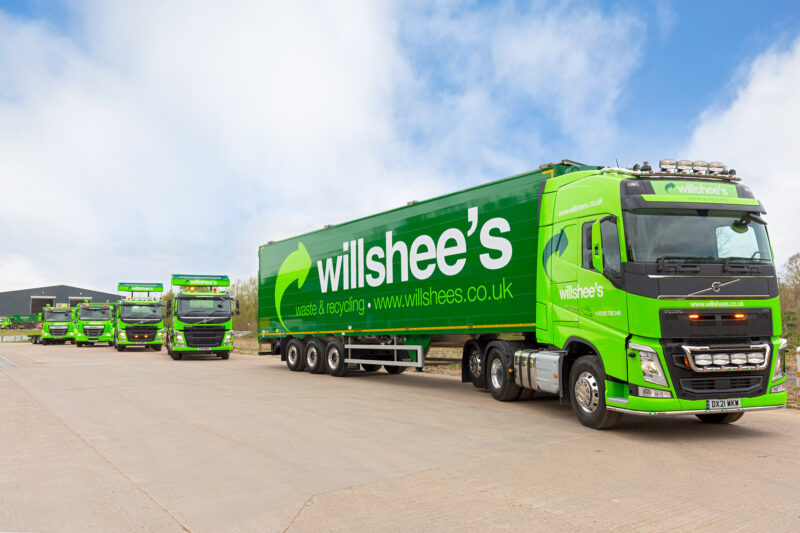
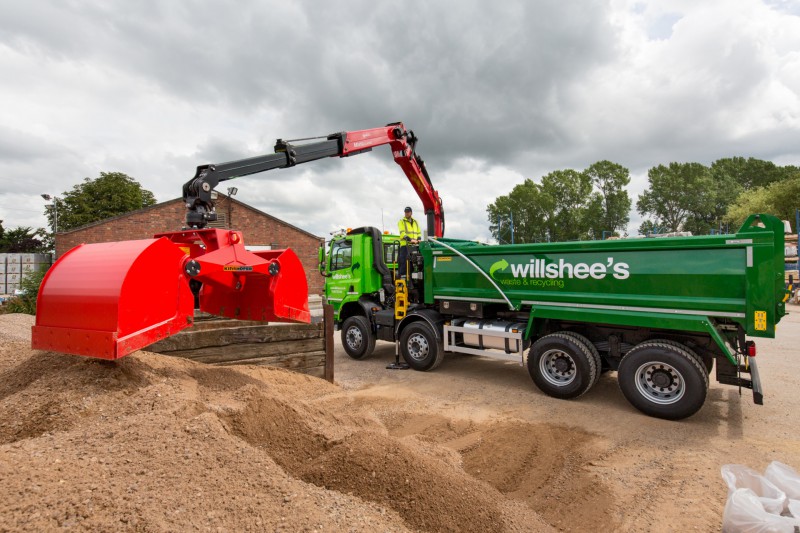


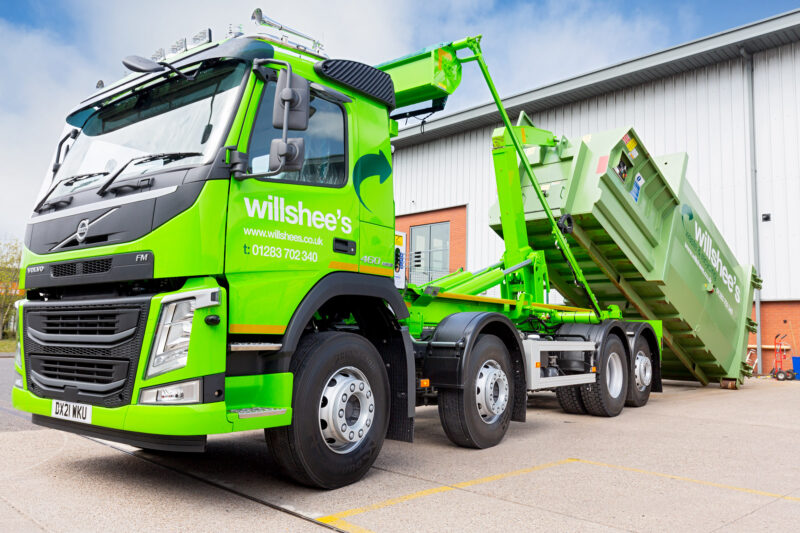
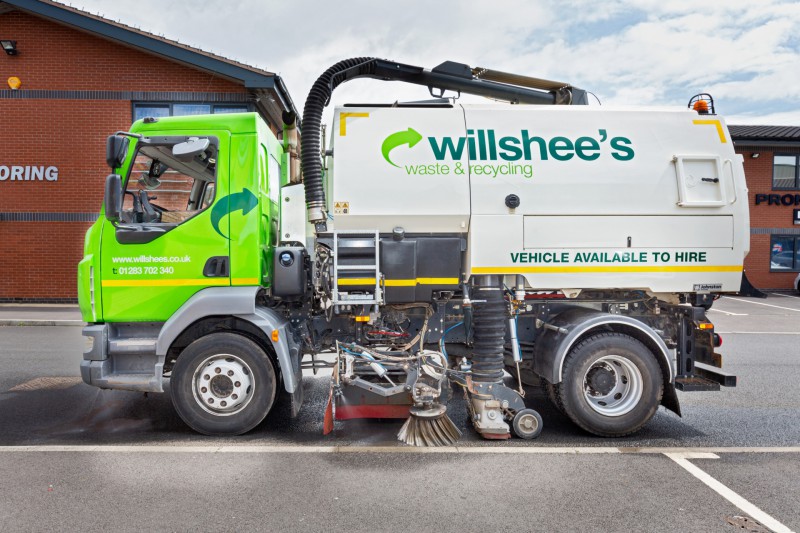
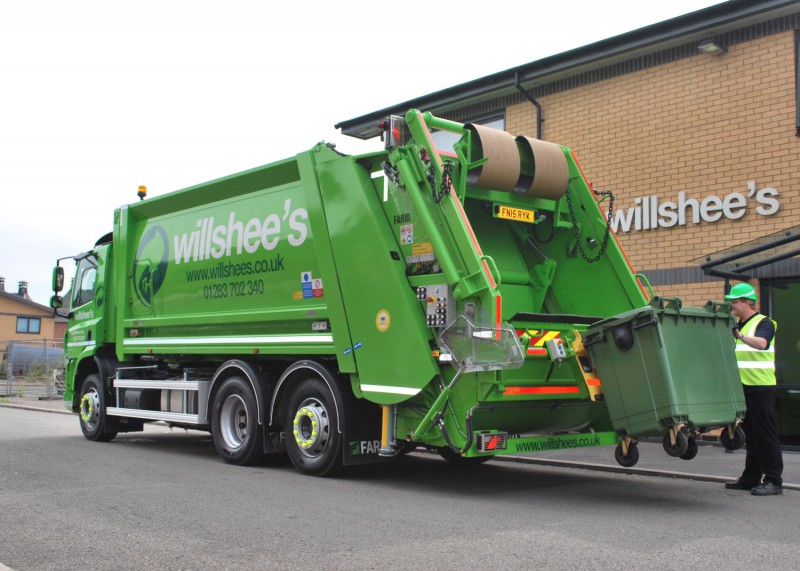
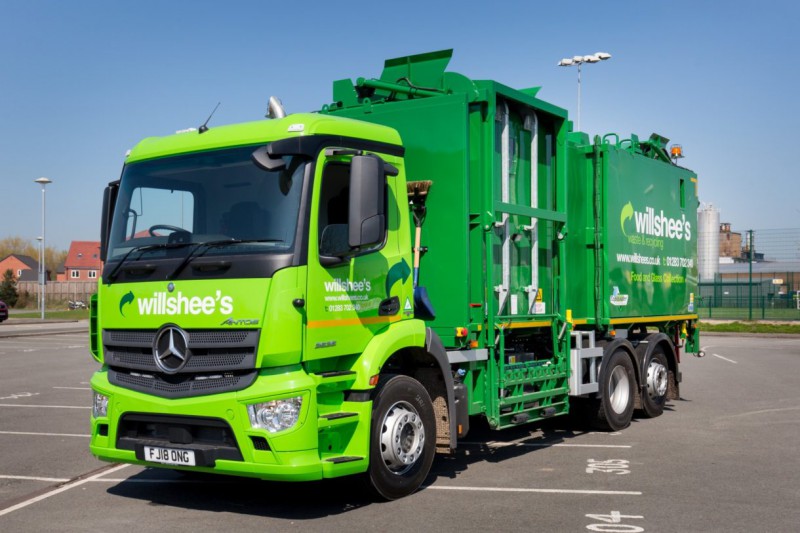
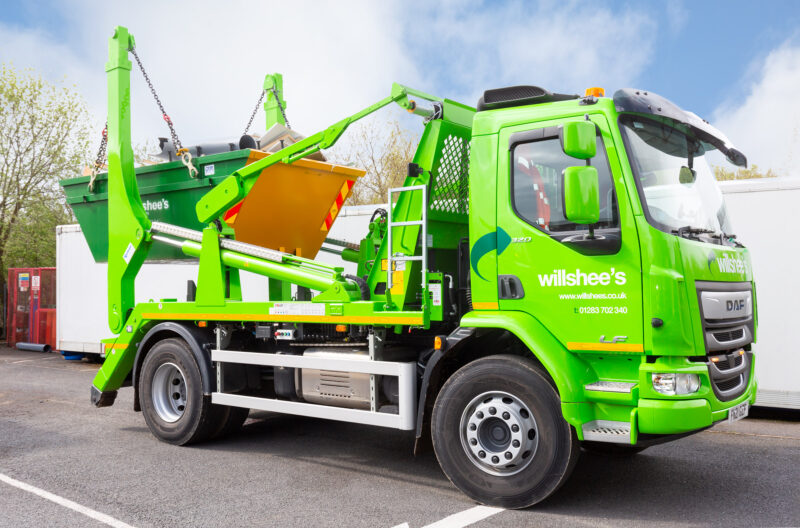
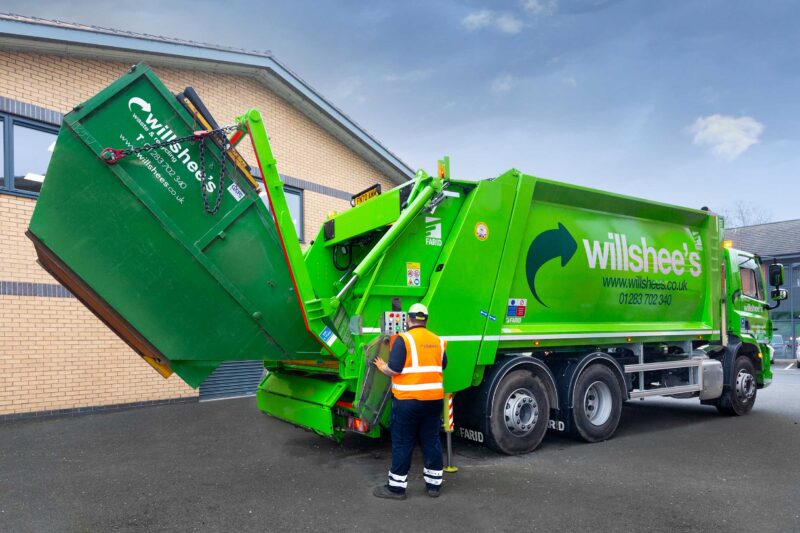




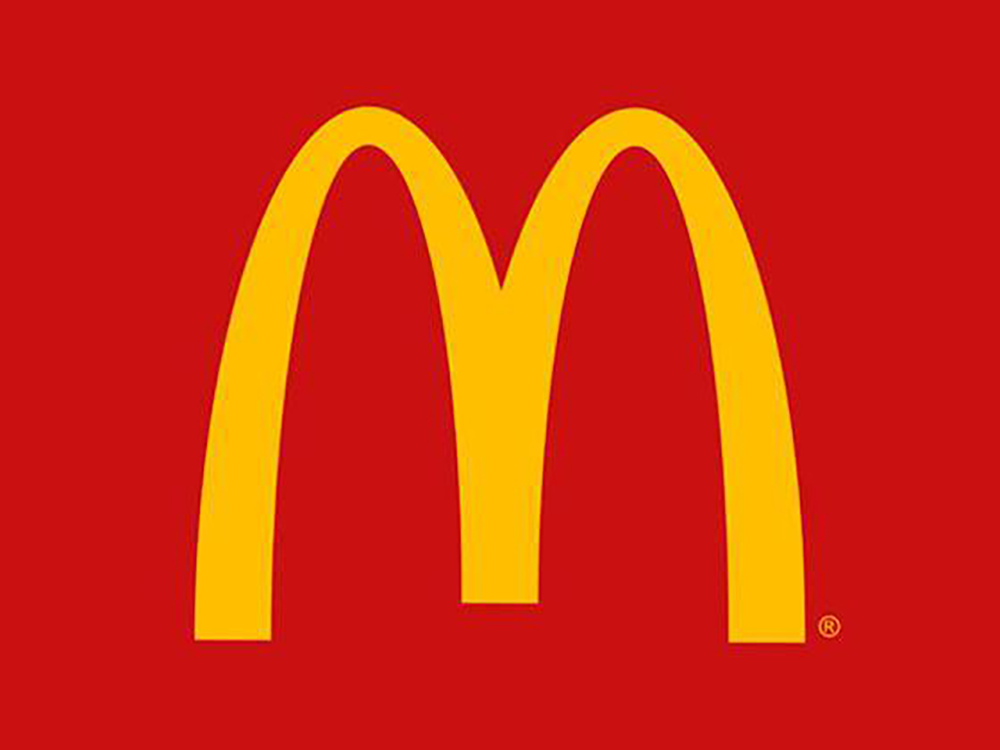

Social